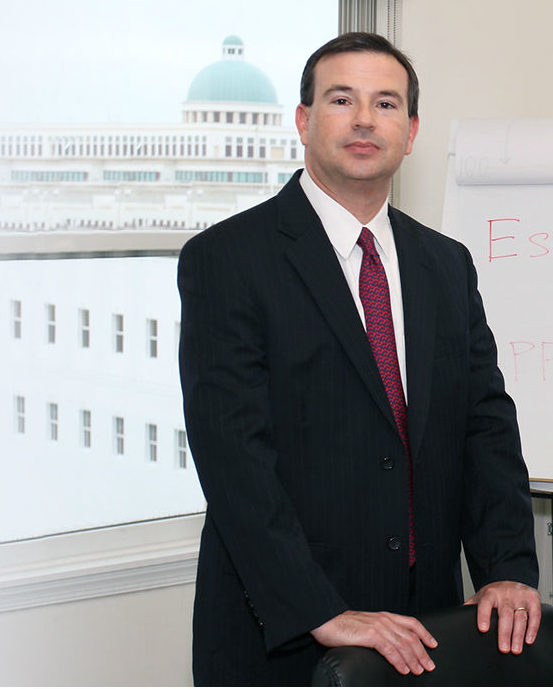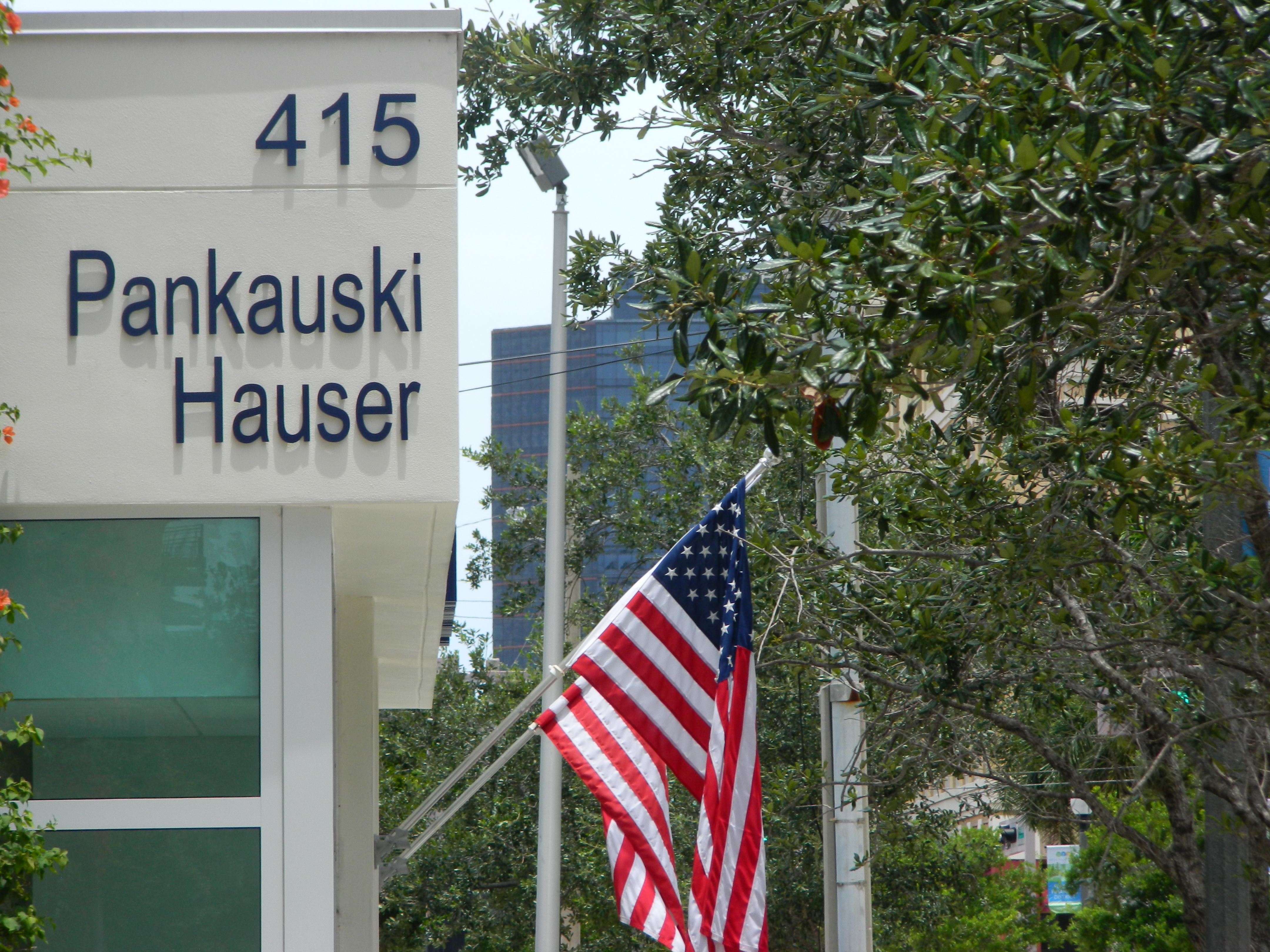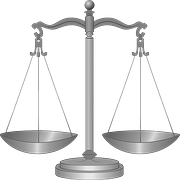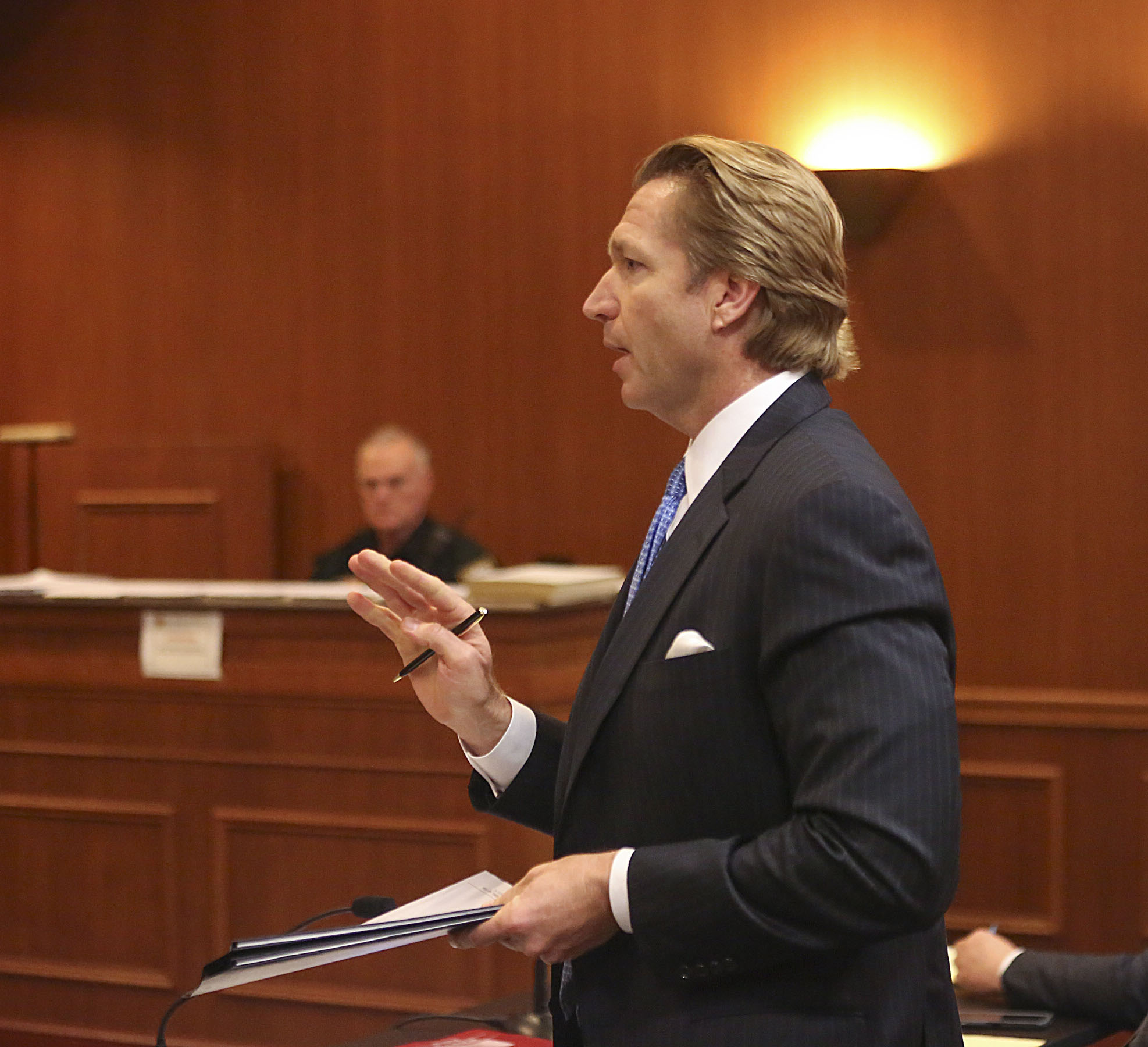
What does the Florida Constitution tell us about homestead property in Florida? What is the Florida Constitution’s homestead exemption? Why would a West Palm Beach divorce lawyer need to be familiar with the homestead laws in Florida? Should your Florida probate attorney know about homestead exemptions and exceptions? What do the Florida homestead laws have to do with inheritance or divorce? Florida lawyers know that there are many probate and family law cases that involve a homestead property. Disputes regarding this property frequently arise. For example, in a probate case, beneficiaries of the decedent’s estate could be fighting over homestead property. Therefore, you should choose a trust and estates lawyer who knows what the Florida Constitution has to say about homestead. A good example of a divorce case that involves a homestead property is Luis de Diego v. Barrios. In this April 24, 2019 Third DCA opinion, a former husband and a former wife were involved in litigation over the former husband’s homestead property. Was it proper to subject his Florida homestead property to an equitable lien? To read the entire opinion, click here.






